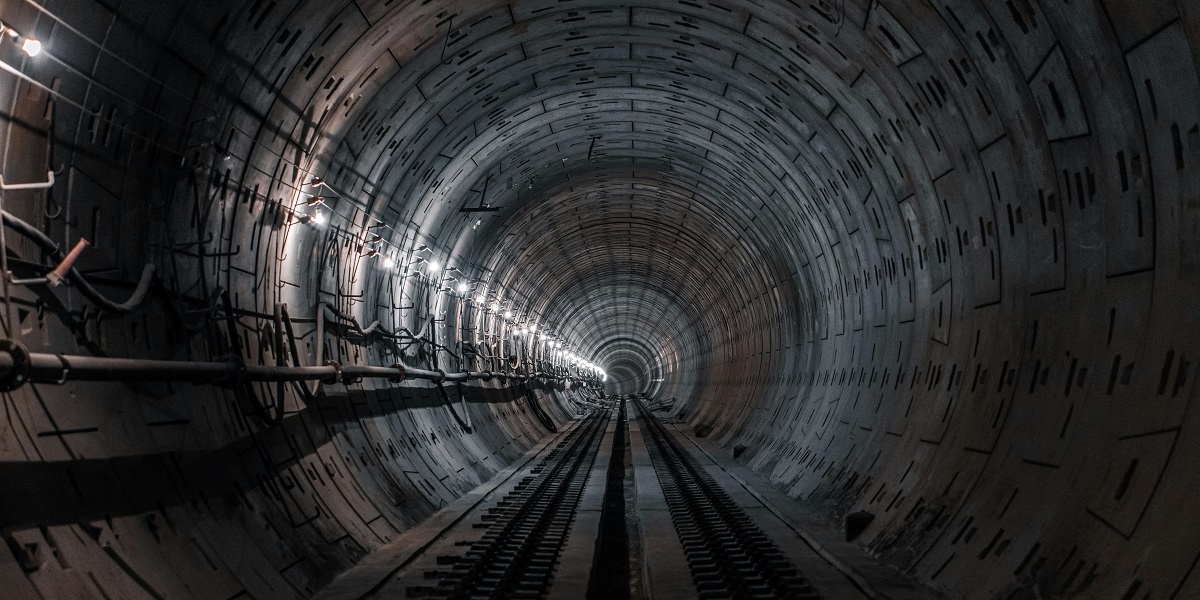
Infrastructure development has always been a cornerstone of modern
civilization, and at the heart of this progress are bridge and tunnel
construction. These engineering marvels not only enhance connectivity but also
symbolize technological advancement and innovative thinking. As we advance into
the future, the field of infrastructure is witnessing remarkable innovations
that promise to redefine the way we build and experience these vital
structures.
The Evolution of Bridge Construction
Bridges are more than just means to cross obstacles; they are iconic
structures that can transform landscapes and economies. Traditionally, bridge
construction involved basic materials and methods, but recent advancements have
introduced cutting-edge technologies and materials.
1. Smart Bridges: The integration of sensors and real-time monitoring
systems has given rise to smart bridges. These structures use sensors embedded
in the bridge to monitor stress, strain, and other critical parameters. This
data helps in predictive maintenance, ensuring the bridge remains safe and
functional for years.
2. Sustainable Materials: Innovations in materials science have
led to the development of eco-friendly and sustainable materials.
High-performance concrete and corrosion-resistant alloys are now commonly used,
enhancing durability while minimizing environmental impact.
3. Modular Construction: Modular bridge construction allows
for prefabricated sections to be assembled on-site. This method reduces
construction time and minimizes disruptions to traffic and the surrounding
environment.
Advancements in Tunnel Construction
Tunnels play a crucial role in urban development, transportation, and
infrastructure projects. Recent advancements in tunnel construction have made
it possible to tackle complex and challenging projects with greater efficiency
and safety.
1. Tunnel Boring Machines (TBMs): Modern TBMs are highly advanced,
capable of boring through various types of soil and rock with precision. These
machines have revolutionized tunnel construction by increasing speed and
reducing the risk of accidents and ground settlement.
2. Green Tunnel Technologies: To address environmental concerns,
green tunnel technologies are being adopted. These include the use of
low-emission construction equipment and the implementation of ventilation
systems that minimize air pollution within the tunnel.
3. Enhanced Safety Measures: The safety of workers and users has always been a priority, and recent innovations include advanced safety systems and real-time monitoring. Automated fire detection systems and emergency response technologies are now integral to tunnel construction and operation.
Infrastructure Innovation: Looking
Ahead
The future of infrastructure is promising, with ongoing research and
development pushing the boundaries of what is possible. Innovations in both
bridge and tunnel construction are paving the way for more resilient,
efficient, and sustainable infrastructure solutions.
1. AI and Machine Learning: Artificial Intelligence and machine
learning are becoming integral to infrastructure planning and construction.
These technologies help in optimizing design, predicting maintenance needs, and
improving overall project management.
2. 3D Printing: 3D printing is making its mark on infrastructure by allowing for the
creation of complex components and structures. This technology has the
potential to revolutionize both bridge and tunnel construction by enabling
rapid prototyping and customization.
3. Integrated Design and Construction: The integration of design and
construction processes through digital tools and Building Information Modeling
(BIM) is enhancing collaboration and efficiency. This approach helps in
identifying potential issues early and streamlining the construction process.